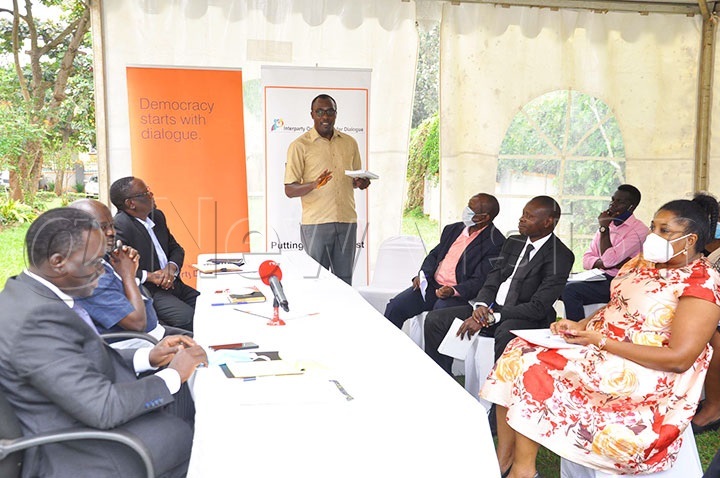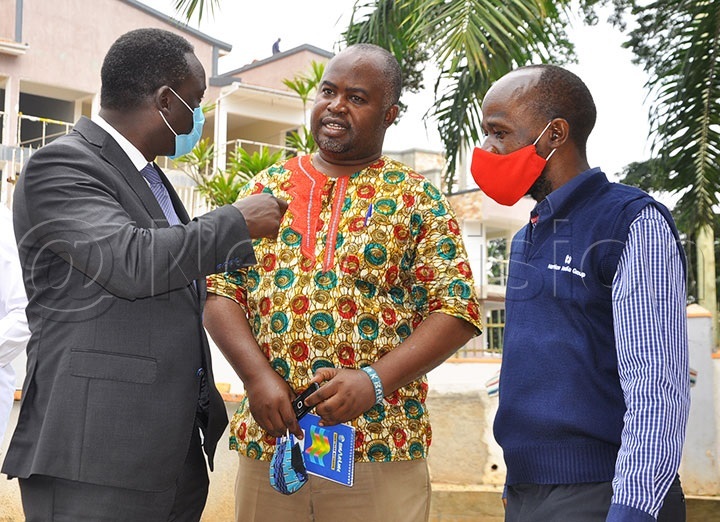Opposition parties accuse media of promoting factionalism
The opposition political parties used the platform to report to NAB a section of media houses.
POLITICS
KAMPALA -The opposition political parties have accused a section of the media of fueling factionalism to undermine cohesion among the parties.
This was during discussions held by the Inter-party Organization for Dialogue (IPOD) between the National Association of Broadcasters (NAB) and representatives of the political parties on how effectively the media can cover the 2021 elections.
They were held at the IPOD offices at Ntinda in Kampala recently.
The opposition political parties used the platform to report to NAB a section of media houses they accuse of working to destroy political parties through promoting factionalism.
This according to the secretary general of the Democratic Party (DP), Gerald Sseranda, was undermining the much needed cohesiveness in the parties in the run up to the 2021 general elections.
For the case of the DP, he questioned the intention of the media promoting the party factions such as Ssubi political pressure group.
"For instance, why would a media house commit time and space to profile Ssubi personalities at the critical stage like this when the party needs unity," he said.
The representatives of the political parties urged NAB to ensure affordable airtime rates to enable candidates at different elective positions access media platforms to campaign.

The deputy secretary general of the FDC, Harod Kaija, wondered how campaigns will be done in some of the remote areas which have no media access especially radios.
"Some districts do not even have a radio station. The radio penetration may be 98% according to the data by the Uganda Communication Commission (UCC) but the concern is, what is the actual coverage?''
The Uganda People's Congress (UPC) chief administrative secretary David Baliraine said that some media practitioners have become political and their political affiliations have left them vulnerable to bias.
This he said has driven them into fueling conflicts among politicians to achieve their selfish gains.
The chairperson of NAB, Kin Kariisa, disclosed that they have since engaged the Electoral Commission (EC) and the Uganda Communication Commission (UCC) on how effective they can deliver a hybrid election.
"We shared guidelines with EC and UCC last week although concerns remain. But our role as the media is to work together with you to create a better Uganda," Kariisa said.

On reach and penetration of the media, Kariisa assured political parties that Ugandans will be able to access the information with the 98% radio penetration and 48% television access.
"Politicians will reach out very many people than ever if the use the media well. For instance, TV penetration in 2016 was only 23% but it is now 48%. The radios are 310," he said.
Frank Rusa, the Executive Secretary of IPOD and country representative of Netherland Institute for Multiparty Democracy (NIMD), disclosed that IPOD will continue to facilitate dialogue between the media and the parties and to support the fight against fake news.